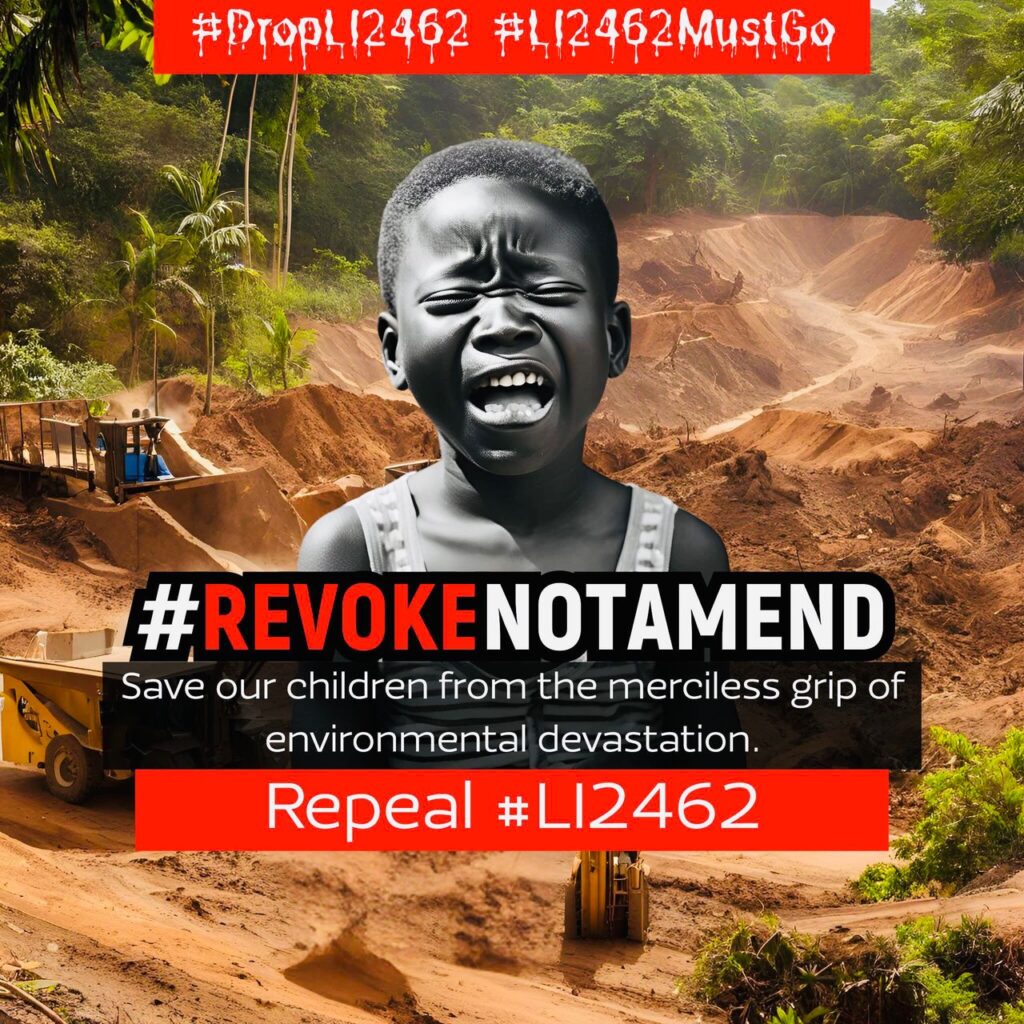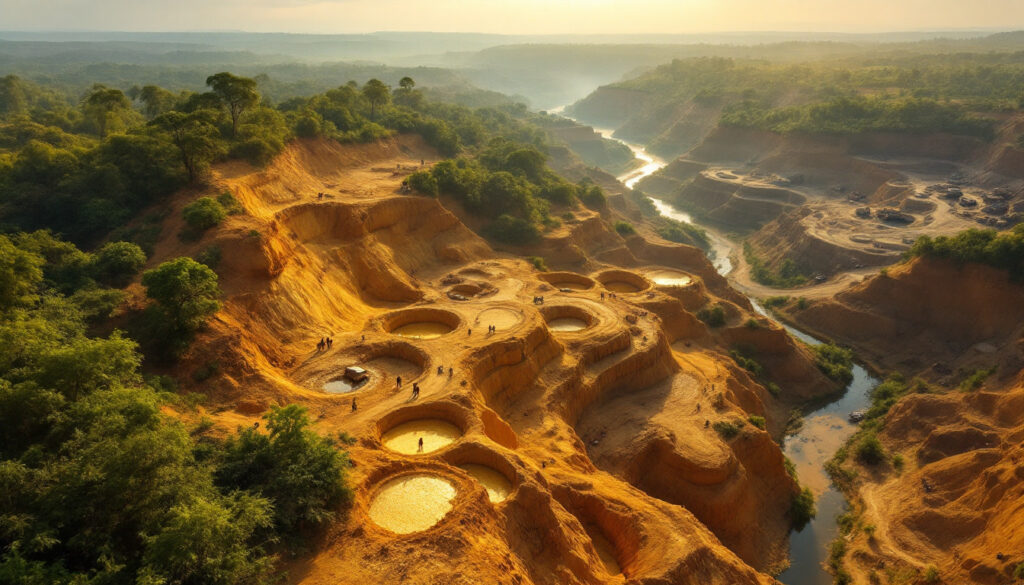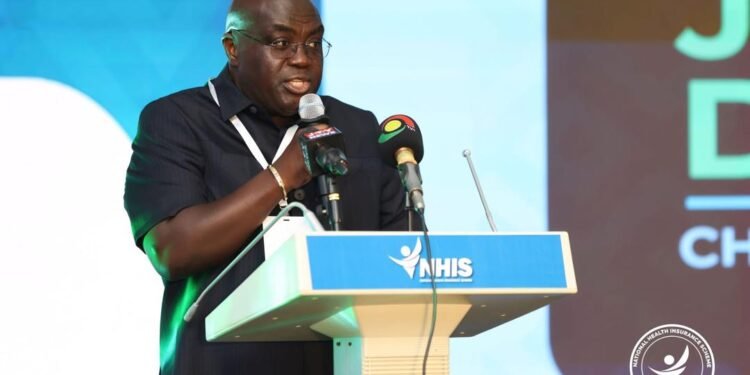President John Dramani Mahama has reaffirmed his administration’s commitment to ending mining activities in Ghana’s forest reserves, unveiling a sweeping set of reforms including plans to amend the Minerals and Mining Act, 2003 (Act 703) to permanently outlaw mining operations in protected areas.
Speaking on the progress of his first 120 days in office, President Mahama acknowledged the widespread environmental damage caused by illegal mining—popularly referred to as “galamsey”.
“The first 120 days, we’ve taken decisive action through a five-point strategy to overhaul and sanitise the mining sector.
“This includes regulatory reforms and strengthening law enforcement, including joint task forces, arrest and seizures of mining equipment, stakeholder collaboration, and reclamation of degraded lands.”
President John Dramani Mahama
According to the President, seven out of nine forest reserves previously overrun by illegal miners have already been reclaimed, with operations halted and offenders flushed out through combined efforts by the military, police, and forestry officials.
However, Mahama’s reforms have not been without controversy. At the centre of public discourse is the Legislative Instrument (L.I.) 2462—the Environmental Protection (Mining in Forest Reserves) Regulation—which was passed under the previous administration and has allowed, under presidential discretion, mining in forest reserves.
In his address, Mahama noted a significant step toward limiting that authority.

“On March 20, 2025, a legislative instrument L.I. 2462 was presented to Parliament to amend the Environmental Protection (Mining in Forest Reserves) Regulation.
“This amendment removes the president’s power to approve mining in forest reserves.”
President John Dramani Mahama
This change, however, falls short for many civil society organisations (CSOs) and environmental activists, who have long called for a full repeal of the L.I., rather than a partial amendment.
They argue that L.I. 2462 is inherently flawed and must be repealed altogether to eliminate any ambiguity regarding mining rights in forest reserves.
Despite assurances from some government officials that the repeal of L.I. 2462 would be tabled when Parliament reconvenes, the President’s omission of any mention of repeal during his address has raised concerns about the administration’s long-term commitment to the cause.
Legislative Reform: Act 703 in the Crosshairs

In what many see as a more definitive measure, President Mahama stated his intention to amend the Minerals and Mining Act itself to outlaw mining in forest reserves.
“I plan to amend the Minerals and Mining Act, 2003 (Act 703) to completely prohibit mining in forest reserves.
“This would effectively, meticulously, legally, and entirely ban mining in our forest reserves.”
President John Dramani Mahama
This planned amendment could mark a turning point in Ghana’s environmental protection framework, directly addressing the legal ambiguities that have enabled mining companies and illegal operators to exploit forest resources under loosely regulated conditions.
The last decade has seen a significant escalation in mining activities across Ghana’s forested landscapes, particularly in the Western, Ashanti, and Eastern Regions.
According to satellite data from Global Forest Watch, Ghana lost over 100,000 hectares of forest cover in 2022 alone, with mining cited as a major driver.

The environmental consequences have been dire, rivers polluted with mercury and cyanide, agricultural lands degraded, and biodiversity increasingly threatened.
Forest reserves in Ghana, including the Atewa, Tano-Offin, and Bia reserves, have come under intense pressure from illegal mining activities.
These impacts have also had social repercussions, displacing farming communities and undermining water access for thousands of households.
As Parliament prepares to reconvene, the focus now turns to whether the government will take the bold step of repealing L.I. 2462 and pushing through the promised amendments to Act 703. The outcome could define the nation’s environmental legacy for years to come.
With mounting public scrutiny and growing grassroots mobilisation, the coming months will test the Mahama administration’s resolve to transition from promise to policy in the fight to save Ghana’s forest reserves.
READ ALSO: Mahama Promises Revamp of Tema Oil Refinery Through PPP























